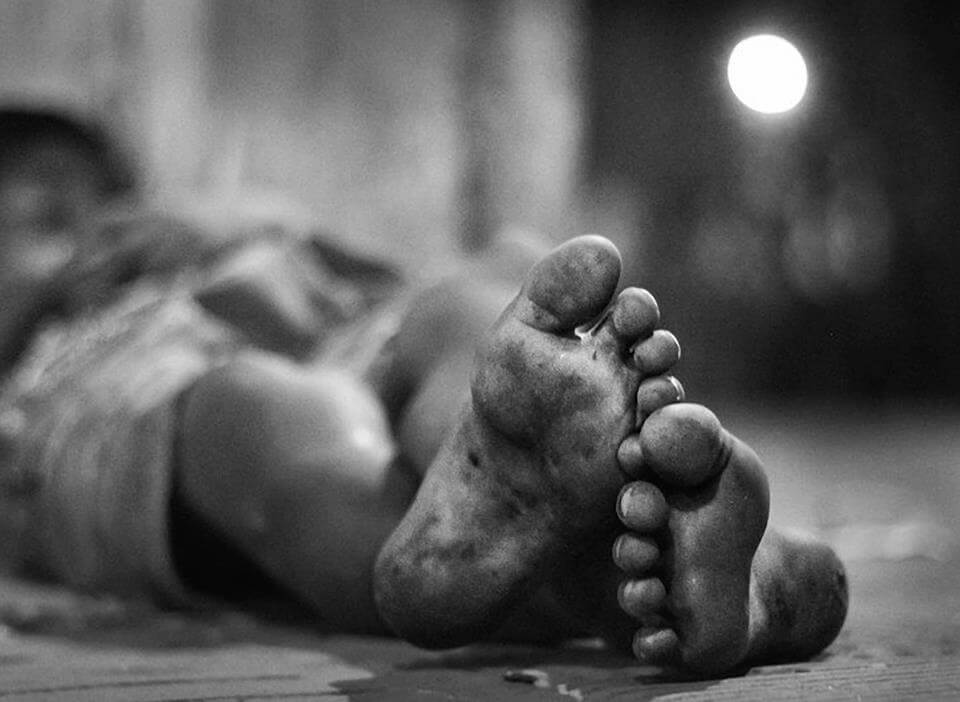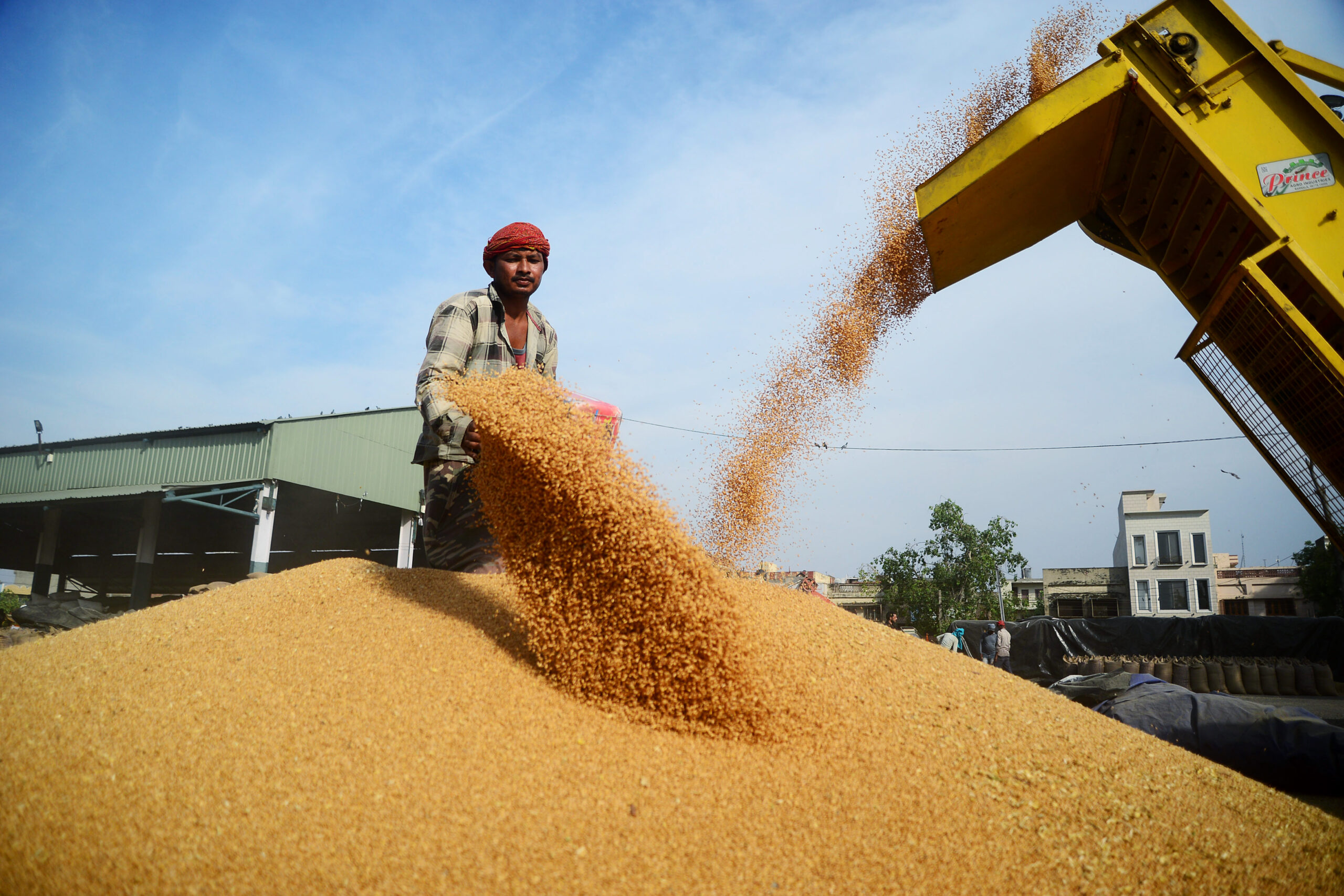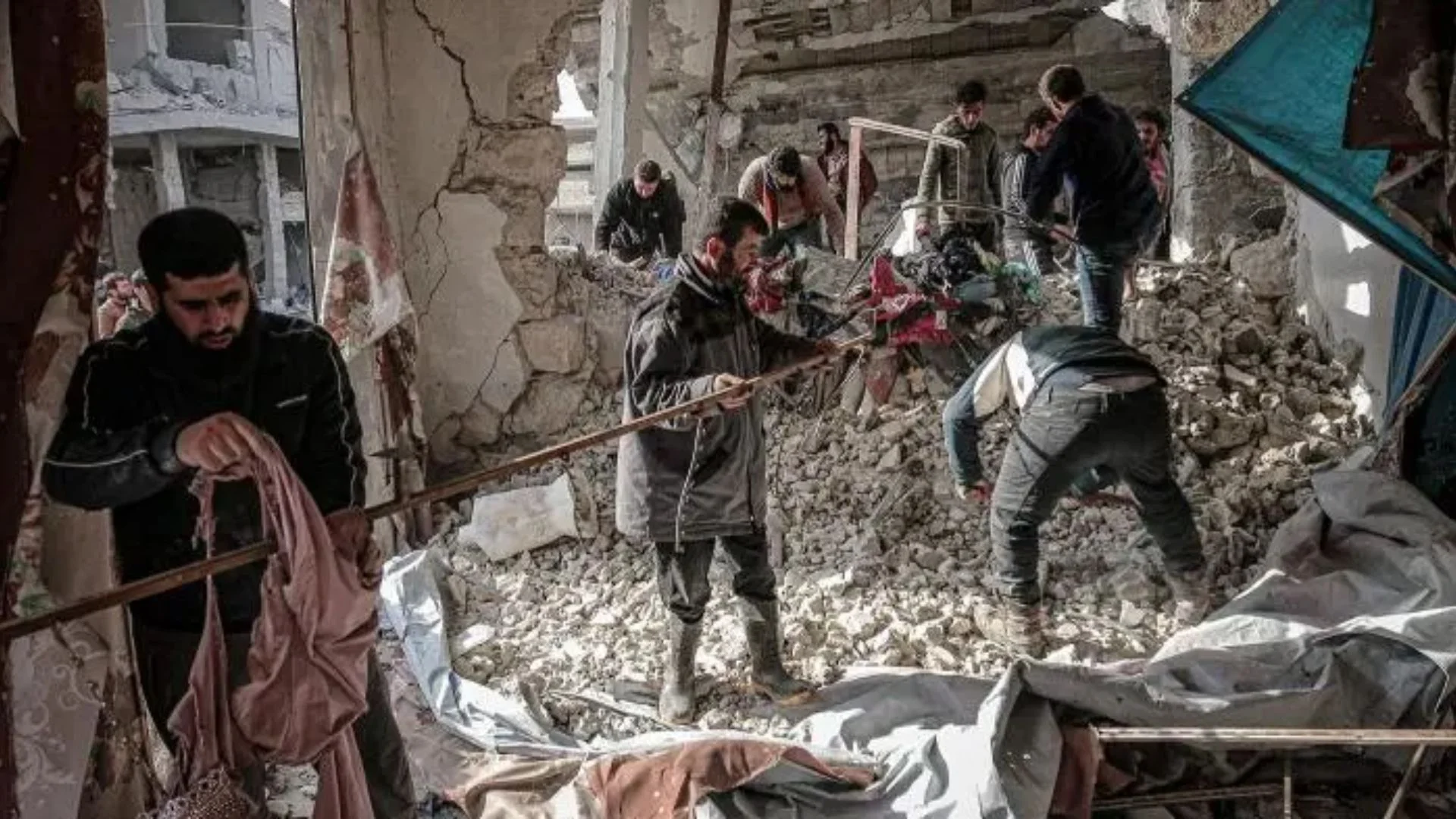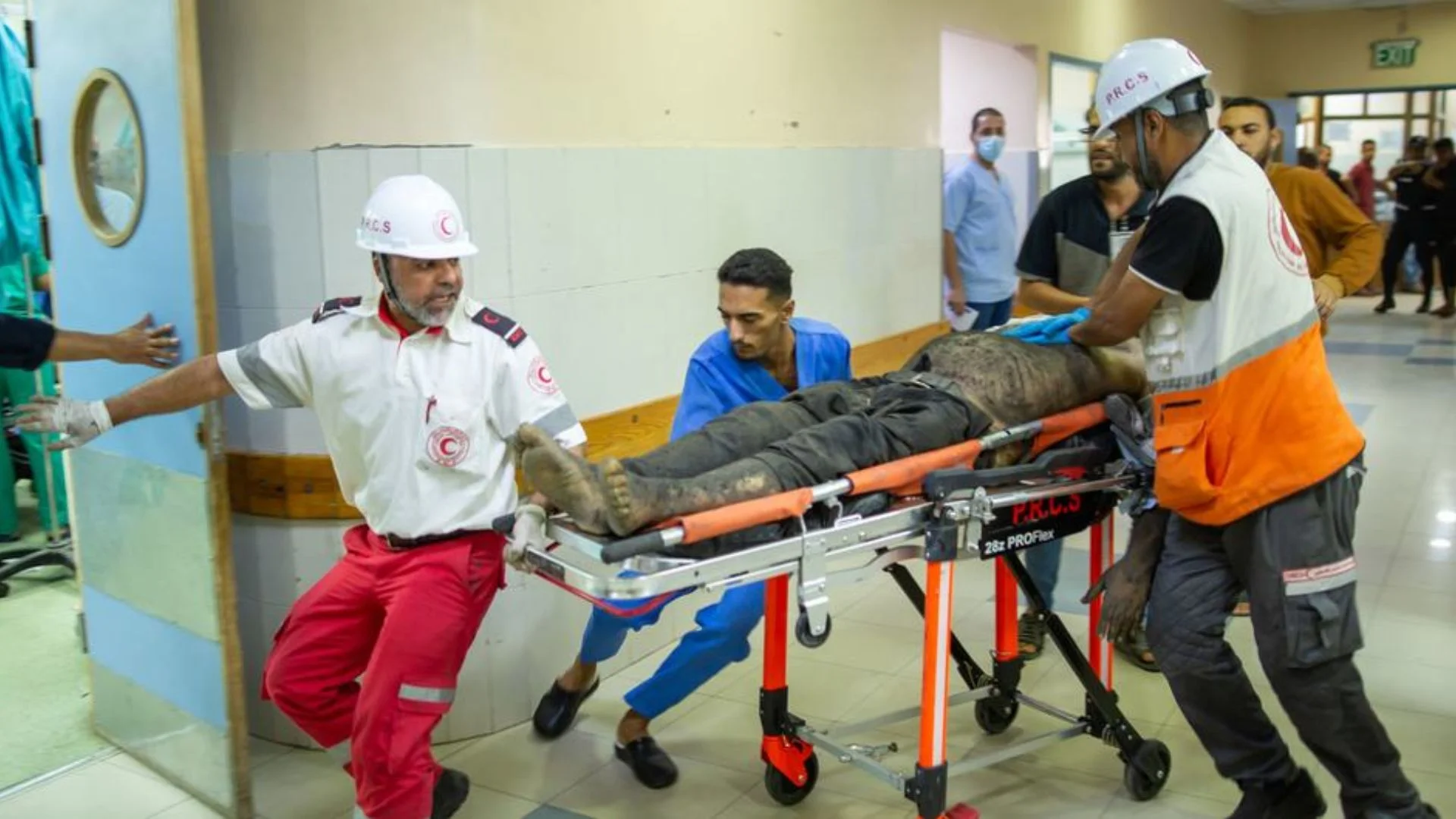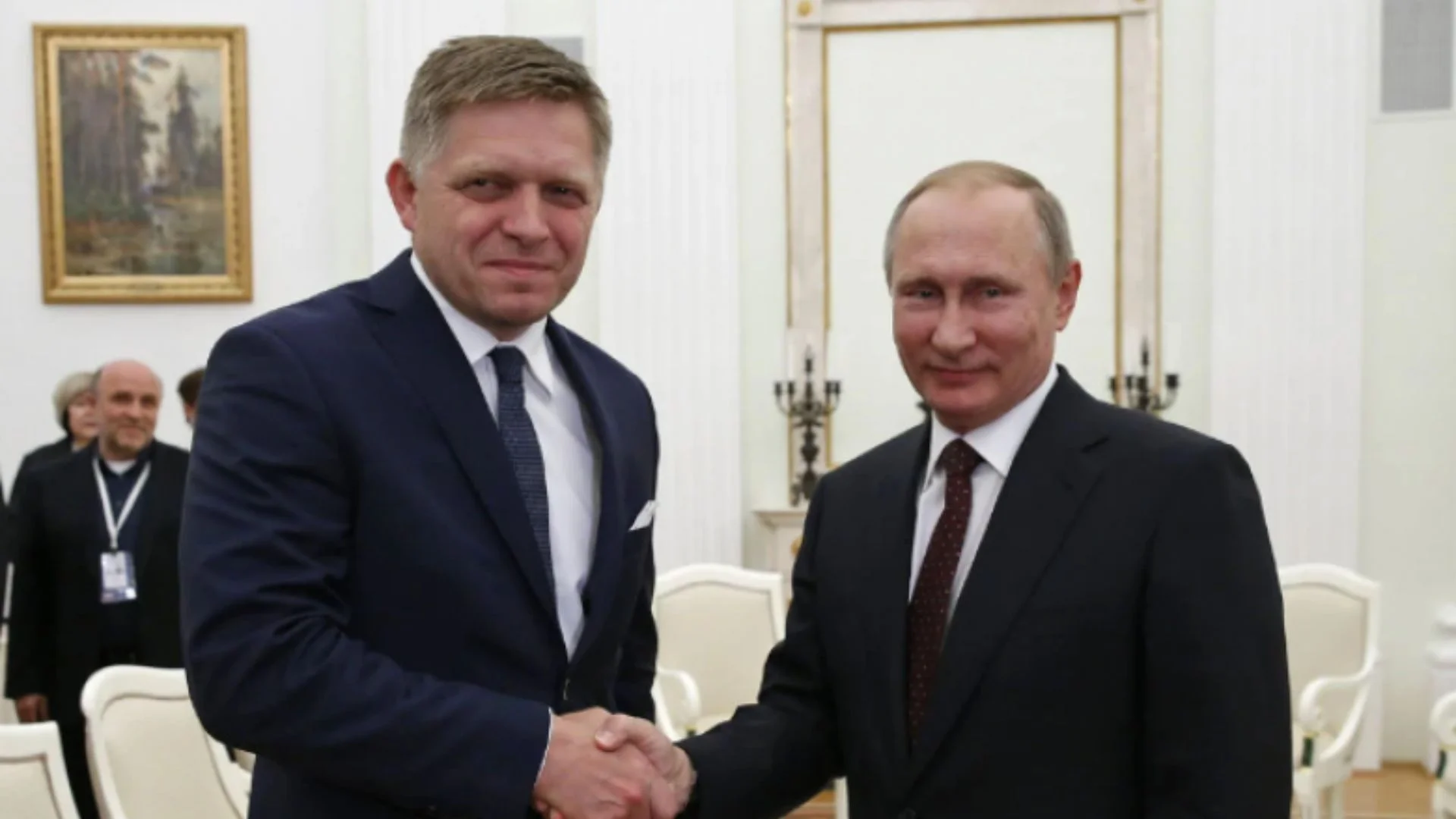The National Commission For Protection of Child Rights (NCPCR) is going to check beggars’ kids for substance abuse. On 26 July 2021, NCPCR is going to instruct Chandigarh Administration to utilise all mediums to check beggars’ kids for substance abuse using medical tests in case required. This whole program would be managed under the recently launched Joint Action Plan (JAP), in which the Narcotics Control Bureau, Ministry of Health and Family Welfare, and Ministry of Social Justice and Empowerment, Ministry of Education are actively involved as stakeholders. NCPCR is going to start such initiatives under JAP across India.
NCPCR has identified 272 such vulnerable districts across the nation where State stakeholders would extensively work on Children who are substance abused and would wean away drugs from their lives while adopting various mediums. A recent study by the Ministry of Social Justice and Empowerment identified 4.6 lakh children in the country who are addicted to inhalants, the only category of substance in which the prevalence was higher among children than among adults. The five states with the highest prevalence of inhalant abuse among children were Uttar Pradesh (94,000 children), Madhya Pradesh (50,000 children), Maharashtra (40,000 children), Delhi (38,000 children), and Haryana (35,000 children).
Priyank Kanoongo, Chairperson of NCPCR told The Daily Guardian, “We introduced to have exclusive De-addiction and Rehabilitation Facilities for Children in 272 Vulnerable Districts. The MoSJE shall expedite the process to establish exclusive de-addiction facilities meant for children. However, if there are any constraints or lack of space, a separate portion in the existing facility has to be identified and partitioned for the children. Also, there has to be a provision of separate toilets; and safety and security of children have to be ensured.”
“The action plan mandates that ‘Prahari Clubs’’ be set up in schools in collaboration with Gandhi Smriti Darshan Samiti, in which children will discuss issues related to drug abuse and become monitors of the abuse,” he added.

